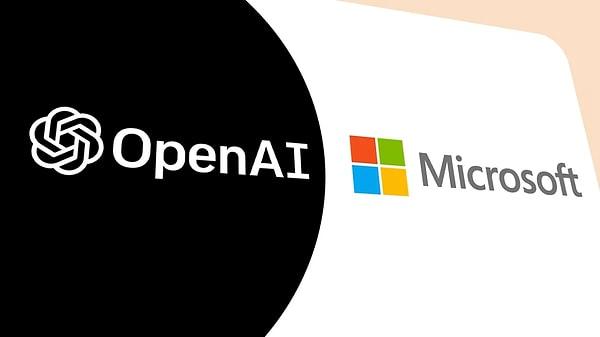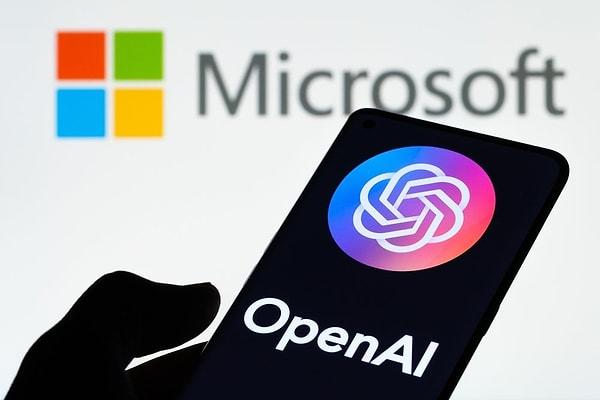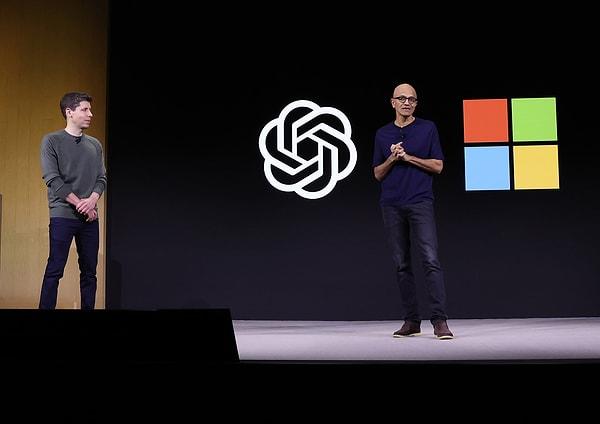Microsoft Embroiled in OpenAI's Legal Battle Over Training Data
A recent lawsuit has cast a spotlight on the collaboration between OpenAI and Microsoft, unraveling a legal saga surrounding the alleged unauthorized use of copyrighted material to train OpenAI's GPT-based models. Filed in a New York federal court, the lawsuit contends that Microsoft played a pivotal role in the creation and commercialization of OpenAI's AI products, specifically focusing on the ChatGPT model. This unexpected legal development adds a layer of complexity to the ongoing copyright infringement cases against OpenAI.
Microsoft's Involvement Unveiled: A Critical Examination

The lawsuit, spearheaded by author Julian Sancton, sheds light on Microsoft's purported deep involvement in training, developing, and commercializing OpenAI's GPT-based technologies. Microsoft's Azure platform is cited as providing essential computing infrastructure crucial for training the model, a factor deemed indispensable for executing and profiting from alleged mass copyright infringement.
The Legal Landscape: Microsoft's Role and Consequences

Julian Sancton's legal challenge asserts that Microsoft, through its close collaboration with OpenAI, was not merely a passive partner but actively engaged in building and operating the computing systems that facilitated the alleged copyright violations. The lawsuit contends that Microsoft's substantial investment in OpenAI and its awareness of the training data sources should have raised flags about potential copyright infringement. Unlike previous cases, the suit alleges that Microsoft and OpenAI directly created thousands of unlicensed copies of copyrighted works for training purposes.
Challenges to AI's Fair Use Defense: Implications for Authors

The lawsuit challenges the fair use defense commonly asserted by AI companies, arguing that the alleged misconduct constitutes 'manifestly unfair use.' Sancton contends that users might substitute purchasing his book with accessing ChatGPT's content, impacting the economic prospects of authors. The Supreme Court's recent decision in Andy Warhol Foundation for the Visual Arts v. Goldsmith is invoked to question the transformative nature of AI's use of copyrighted material and its impact on creators' economic interests.
Microsoft's Broader Influence: From Product Development to Commercialization

Beyond product development, Microsoft's influence extends to the commercialization of GPT-based technology. The lawsuit highlights Microsoft's unveiling of Bing Chat, a human-mimicking AI chatbot, and OpenAI's integration of ChatGPT with a 'Browse with Bing' feature. The interconnectedness of OpenAI and Microsoft becomes more apparent, emphasizing the intricate relationship between the two entities.
Keşfet ile ziyaret ettiğin tüm kategorileri tek akışta gör!


Send Comment